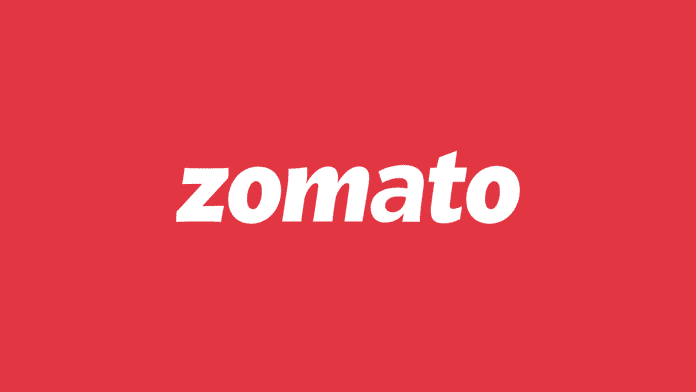The latest financial results from Zomato Ltd. for the quarter ending December (Q3FY23) were not well received by the market. The company reported a slowdown in the food delivery business after Diwali, with modest growth in key metrics.
The gross order value in the food business increased by only 0.7% compared to about 3% and 10% in Q1 and Q2, respectively. Additionally, the growth of average monthly transacting customers was flat at 17.4 million in Q3.
Zomato attributed the slowdown to a few temporary factors, including a macro slowdown for the mid-market segment, a boom in dining out for the premium segment, and a boom in travel at the premium end. However, there were also some positive developments. The contribution profit as a percentage of gross order value reached a multi-quarter high of 5.1% due to cost efficiencies.
Overall, including the quick commerce business Blinkit, adjusted Ebitda losses increased to Rs 266 crore in Q3 from a loss of Rs 192 crore in Q2. Excluding Blinkit, losses at the adjusted Ebitda level were lower at Rs 38 crore compared to Rs 60 crore in Q2. Despite improvement in key metrics such as orders and transacting customers in the quick commerce business, Zomato still operates at a loss at the adjusted Ebitda level.
Zomato remains confident in reaching its goal of becoming adjusted Ebitda break-even excluding Blinkit by Q2FY24. The company even expects to reach this level in Q4FY23 with the proper execution of its plans. However, the recent launch of Zomato Gold in January, which offers free delivery benefits to customers, may have a short-term impact on the company’s finances.




